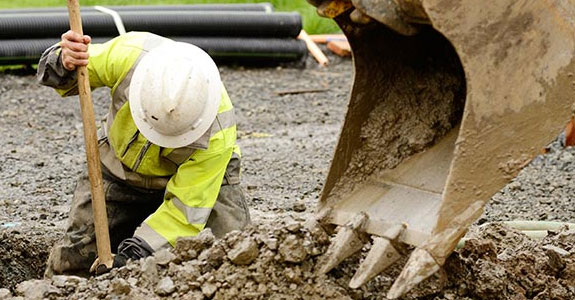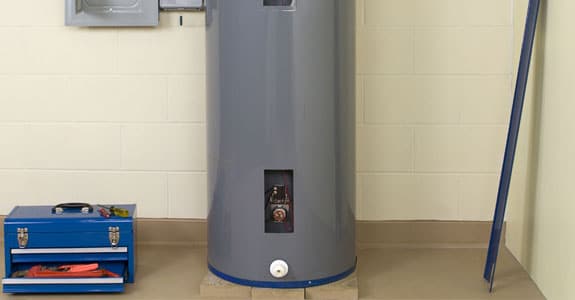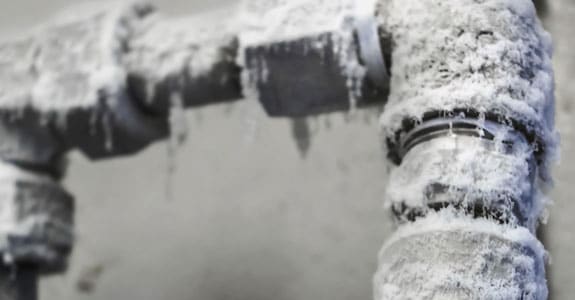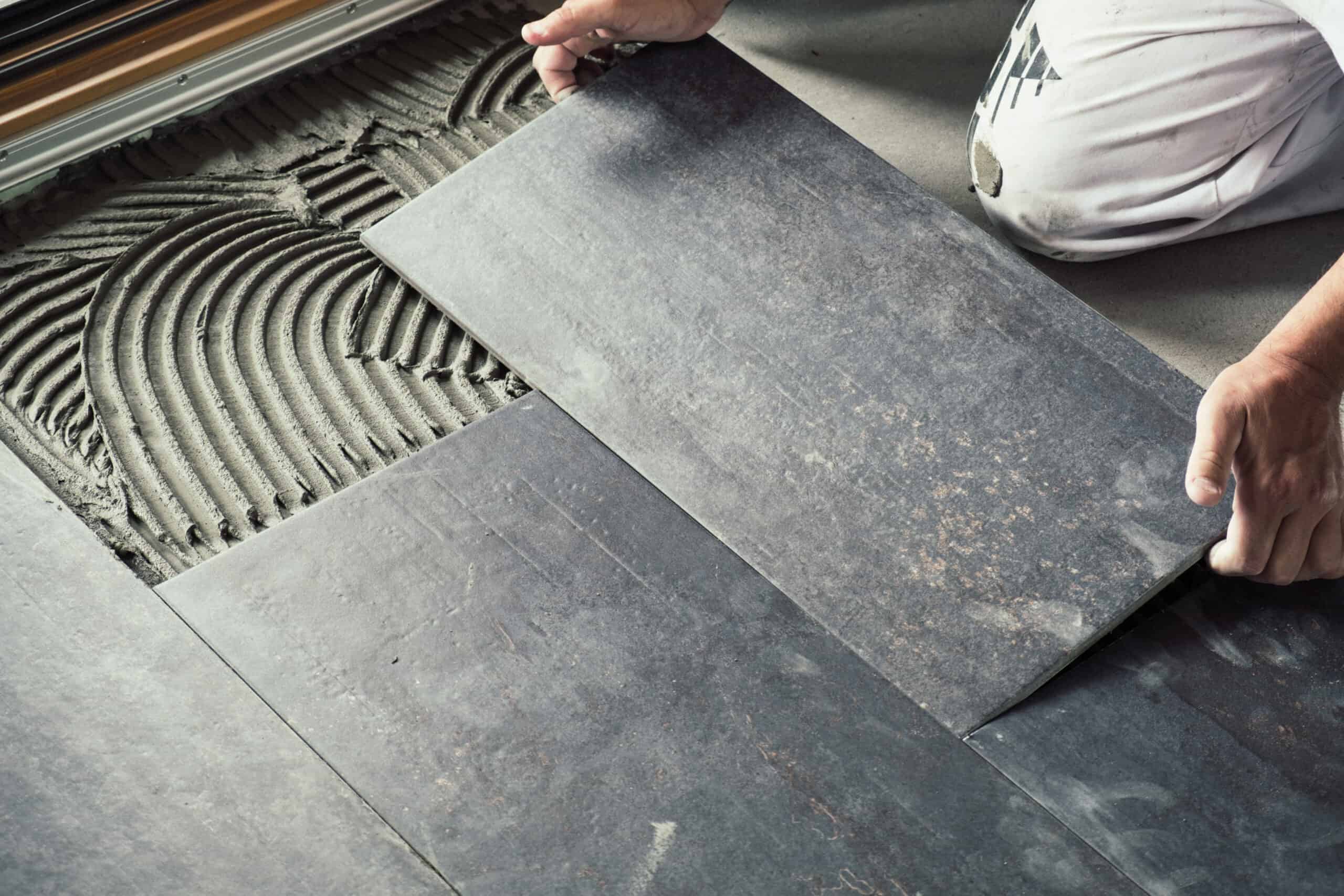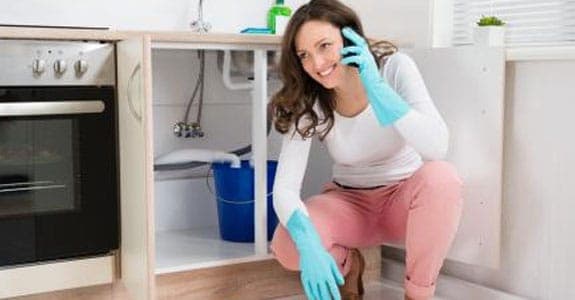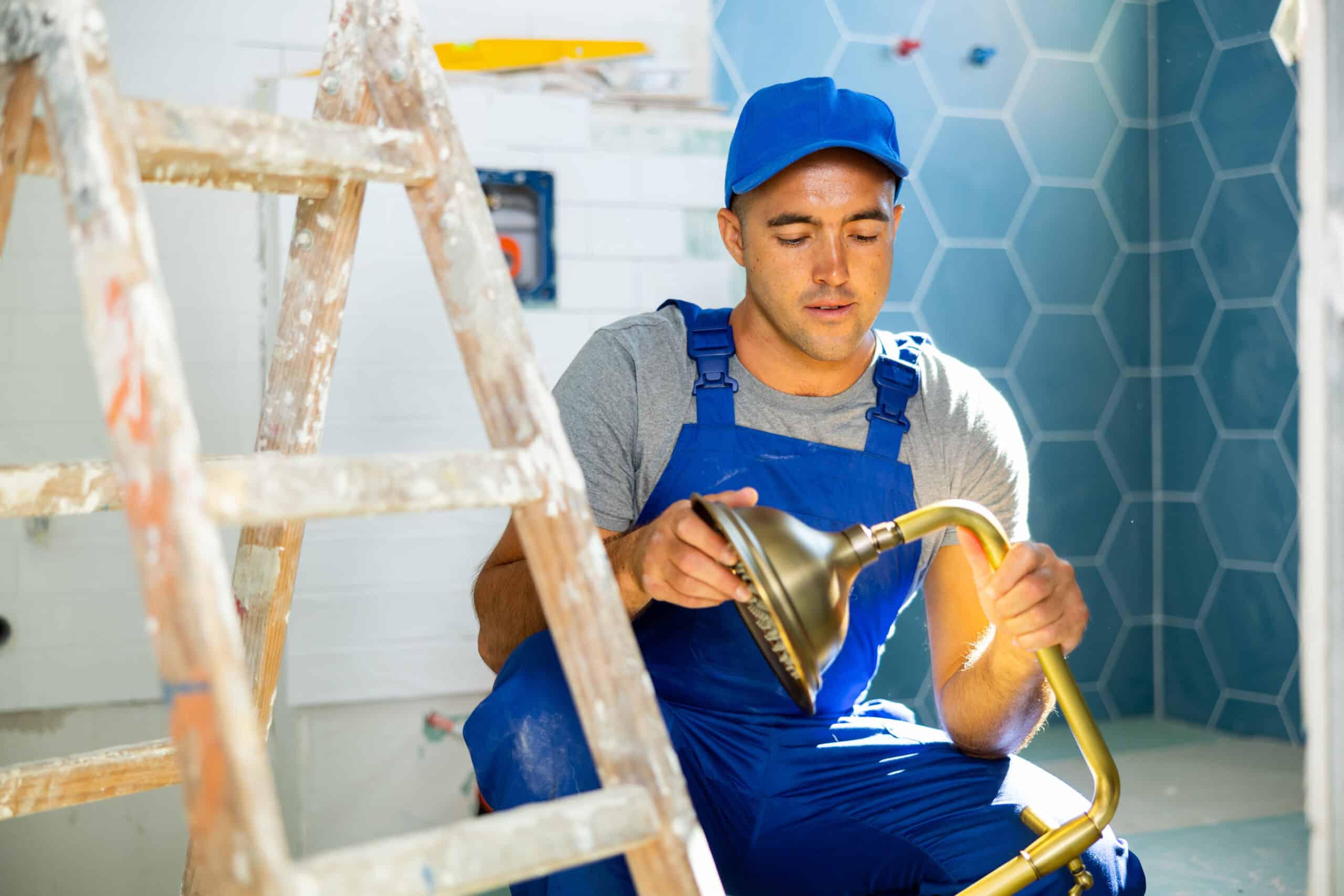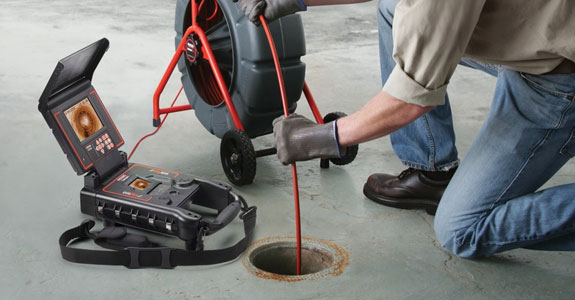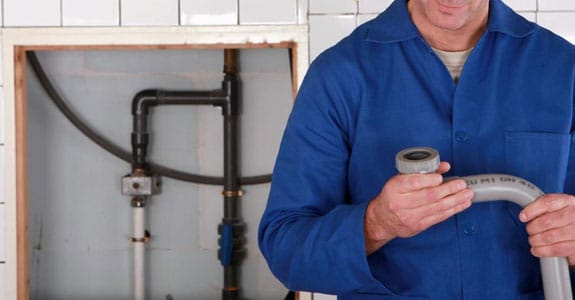Philadelphia’s Sewer Line Replacement Experts
Your home’s sewer lines silently carry wastewater away, ensuring a clean and healthy environment. But like any part of your home, sewer lines don’t last forever. Knowing when to replace your sewer line is crucial to avoid costly backups, extensive property damage, and potential health hazards. Here at Reliable Plumbing, we’re here to guide you through the signs that your sewer line might be nearing the end of its lifespan.
How long do sewer lines last?
Sewer lines, typically constructed from cast iron, PVC, or clay, have a limited lifespan. The average lifespan can vary depending on the material:
Cast Iron: These traditional pipes can last 50-80 years, but corrosion and buildup can shorten their lifespan.
PVC: These modern pipes are known for their durability and can last up to 100 years.
Clay: While not as common anymore, clay sewer lines generally last 40-60 years.
If your home was built before the 1970s and still has the original cast iron sewer line, it’s wise to be proactive and consider a sewer line inspection, especially if you haven’t experienced any major problems yet.
Signs of Sewer Line Issues
Even if your home isn’t at an age that means you need a sewer line replacement, there are specific signs to watch out for:
Frequent Backups: If you experience sewage backups in your drains, it’s a strong indicator of a clog or damage in the sewer line. While a clog can sometimes be addressed with drain cleaning, repeated backups suggest a more serious issue.
Slow Drains: Multiple drains throughout your house draining slowly can indicate a blockage or a failing sewer line that can’t handle the wastewater flow.
Settling Foundation: The ground above a damaged or collapsed sewer line can sink or settle, causing cracks in your foundation. This is a serious issue that requires immediate attention.
Gurgling Sounds: Strange gurgling noises coming from your drains can be caused by trapped air in the line, often due to a clog or a break in the pipe.
Sewage Odors: A persistent sewage odor in your home is a clear sign of a problem with your sewer line. Sewage gases can be harmful, so it’s important to address this issue promptly.
Contact Us For Sewer Line Replacement in Philadelphia Today!
A functioning sewer line is essential for a healthy and comfortable home. By being aware of the signs of sewer line problems and taking preventative measures, you can avoid costly repairs and emergencies. At Reliable Plumbing, our team of experienced and licensed plumbers is here to diagnose any sewer line issues and provide you with the best solutions. Contact us today to schedule an inspection or discuss your sewer line concerns.
